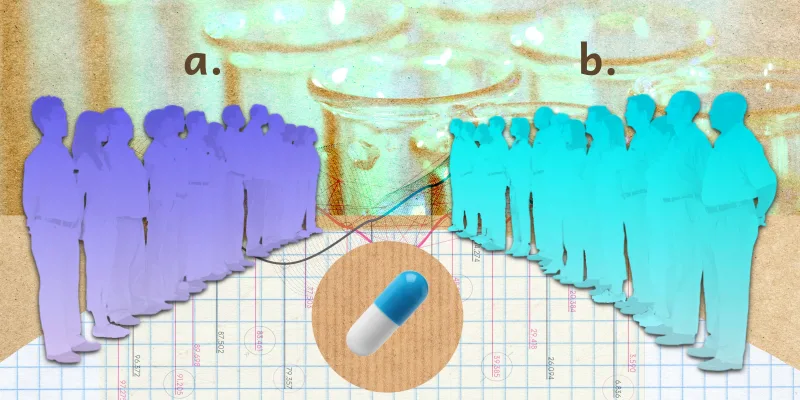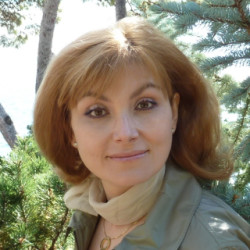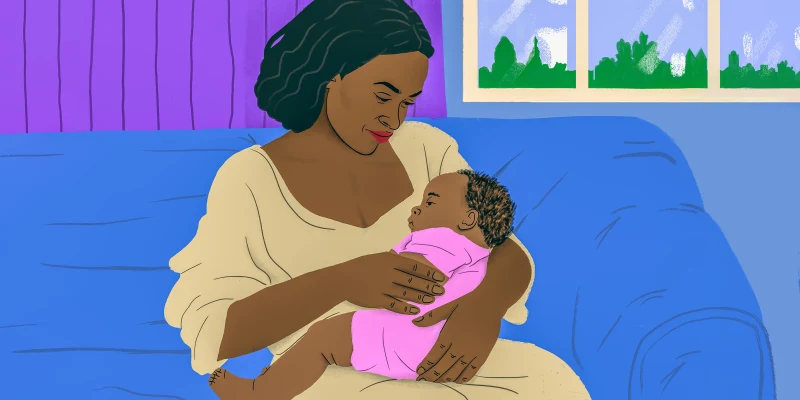For as long as I can remember, spring has marked a time of transition. This year, as I transition from intern to second-year resident, I am feeling this more than ever. In some ways, the ED has started to feel like home; in others, particularly during a challenging case where a diagnosis eludes me, or when I see an unusual presentation of an ailment I thought I understood, I realize the more I learn, the more questions I have.
On Match Day last year, I realized I couldn't remember a time before I had been dreaming of that very moment. Matching into EM residency was one of the happiest days of my life — I both screamed and cried when opening the letter telling me where I’d matched. In that instant, the minutiae of the last 10 years of school evaporated, and later, as my final academic year wound down and graduation approached, I thought I was amply prepared to tackle the familiar feeling of transition into the next phase. Yet in the coming days, as my shock and elation settled into a quiet, grateful contentment, it didn’t take long for me to start to wonder, “Now what?”
Now, having finished my intern year, I look back, and that thought makes me laugh. Just one or two weeks into residency, overwhelmed by new protocols, procedures, and responsibilities to master, it struck me that, after years of preparation, now it was time to actually become a good doctor. In hindsight, it should have felt obvious, but at many moments throughout the preceding years, my forward momentum was so singularly focused on matching into residency that I lost sight of the forest for the trees. Matching, it turns out, wasn’t the finish line — it was just the starting point.
I am still trying to figure out what exactly it means to be a good doctor. Some days, it means finding a creative solution to help safely discharge my patient, such as collaborating with our ED social worker to run to the nearby 24-hour pharmacy to pick up the medications my patient will need at home tonight. On other days, it means spending an extra five minutes at my patient’s bedside, listening to him talk about the frustrating experience he had the last time he was here; helping to build his trust that this time may be better. At other times, it means spending an hour or two at the end of a long day reviewing the pharmacology and biochemistry underlying the medications I prescribed to my patients, hoping to consolidate my learning to better care for future patients.
Now, most of my learning has transitioned out of the classroom and into the hospital, where my patients and co-workers are my teachers, and the problems are no longer theoretical. Studying is both more challenging and more rewarding now that my motivation is intrinsic. My goal of becoming a good doctor is more abstract than simply reaching the next academic milestone, and I know it will take far more than four years of residency to achieve. However, one year in, this has started to feel more exciting than daunting. I’m not sure if this is due to even just a small amount of experience, having senior residents and attendings I look up to, or finally starting to relax into a role that now feels more familiar than foreign, but it feels good.
There were many moments throughout my year as a new intern when I felt tired, confused, and unsure of what I was working toward. During my share of such moments, I often felt unsettled and disoriented. I’ve cried in the hallway by the elevators after a tough all-nighter in the hospital. I’ve come home and dissected every decision I made on shift, picking each one apart down to the bones. But when you find a moment to reflect on where you have come from and where you are going, you may also start to notice that part of the beauty of finally becoming a doctor is developing your own sense of what it means to be a good one. Is it one who is empathetic and kind, who forgives herself and others for mistakes? One who is funny, quick-witted, and supportive? This doesn’t erase the difficult moments, but it has helped me find meaning in them.
Every once in a while, I rewatch the video my mom took as she stood beside me on Match Day, preparing to find out where I would be for residency. I hear the 10-second countdown in the background, and I see myself take a deep breath before finally unfolding my letter. It takes a split second for me to process what is in front of me, then the camera begins to shake in a moment filled with joy, hope, and absolute elation.
I didn’t realize it then, but that was just the beginning.
What were some turning points that made you view your medical career differently? Share in the comments.
Dr. Anjali Misra is an EM resident in Boston, MA. She is passionate about health equity, prehospital care, and public health. She was a 2024-2025 Doximity Op-Med Fellow.
Image by z_wei / Getty






